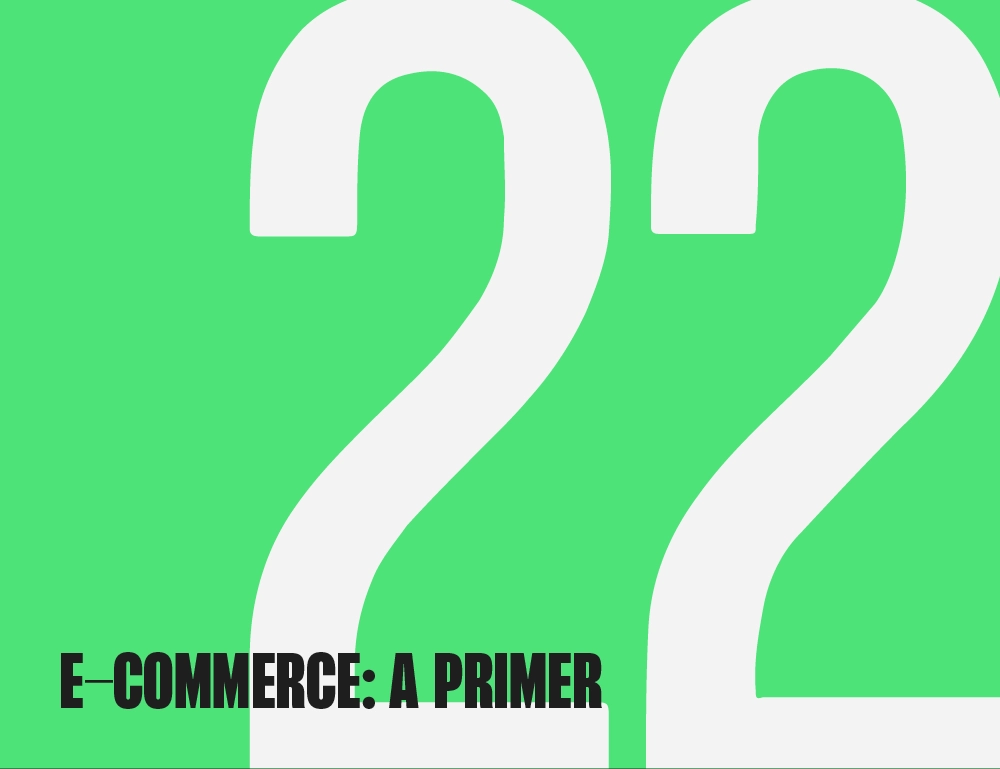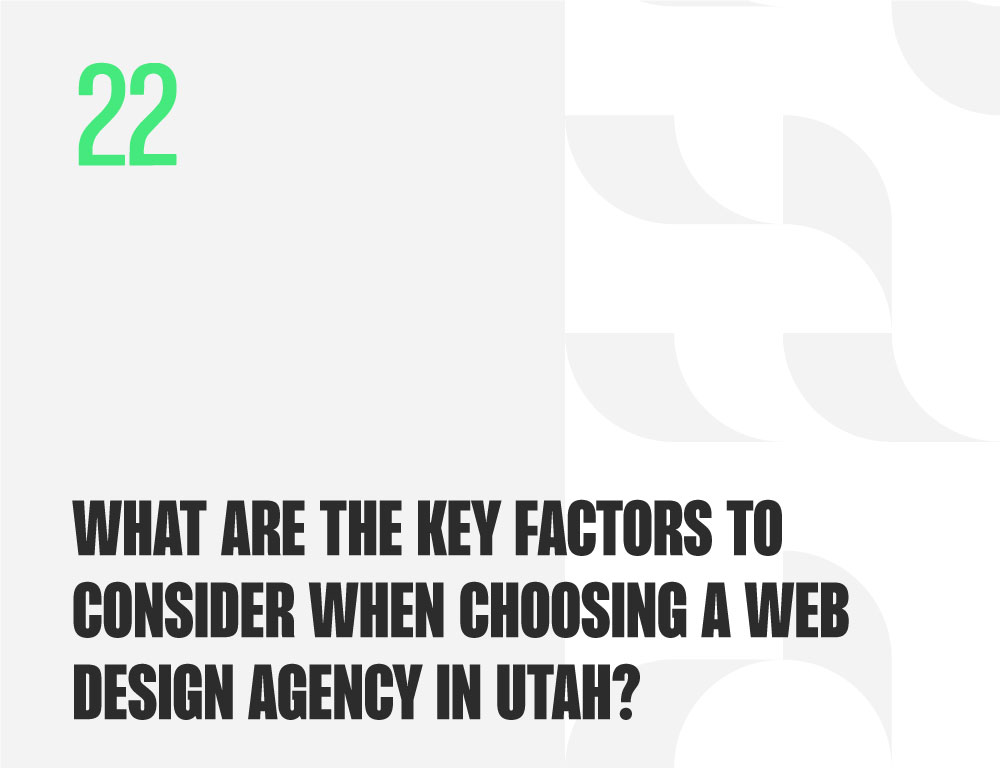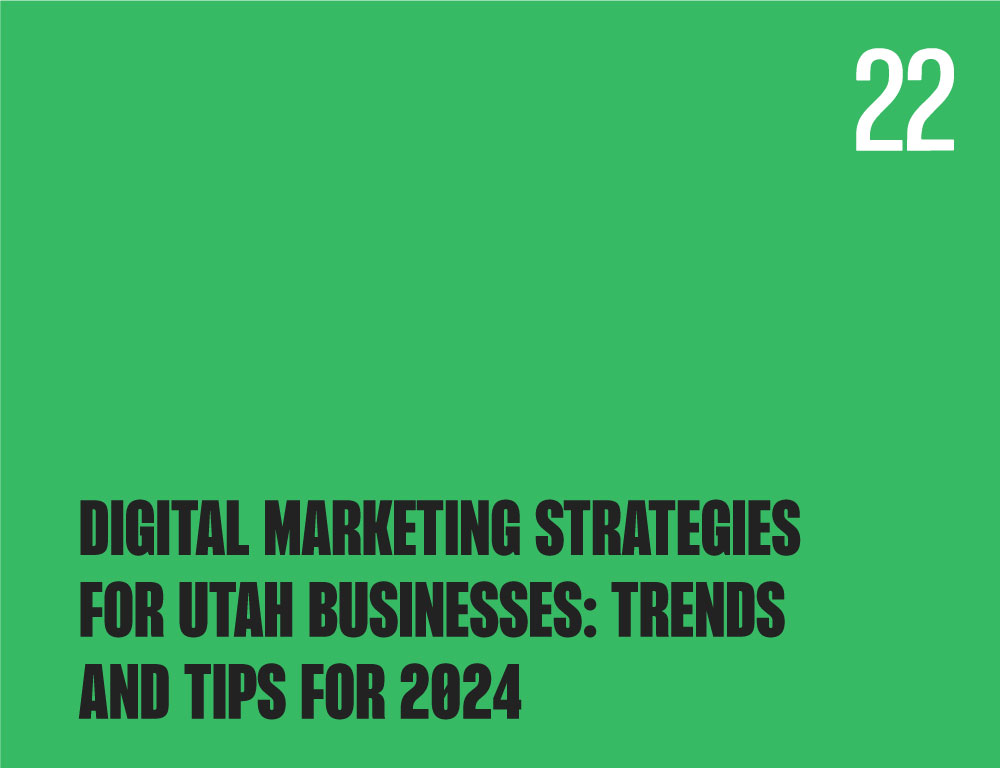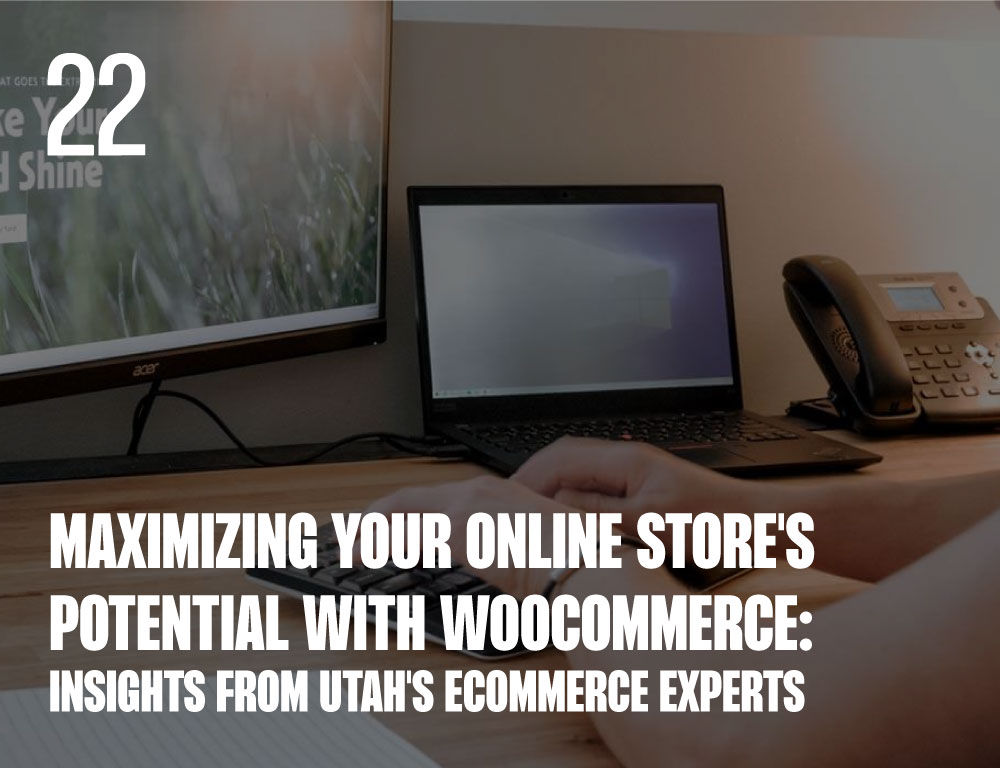What Is E-Commerce?
Electronic commerce, more known as e-commerce, is the process of buying and selling goods and services, or transferring funds and data, over the Internet. The most prominent examples of e-commerce are Amazon, eBay, and Etsy.
Types of E-Commerce
1. Business to Consumer
Also known as B2C, this is where a business sells a product or service to a consumer. This is the most common type — the one people most commonly experience.
2. Business to Business
Business-to-business (B2B) e-commerce is when a business sells a product or service to another business. For example, if you make and sell scented candles, you must buy raw materials like wax, essential oils, and wicks from a manufacturer or wholesale seller.
3. Consumer to Consumer
C2C happens when a consumer sells a product they previously bought to another customer. A good example of this is people selling their clothes, books, furniture, and other things they don’t need on eBay or Facebook Marketplace.
4. Direct to Consumer
When a D2C sale happens, it’s through the brand’s website — no need for intermediary businesses. D2C businesses build relationships with their consumers through social media and ship directly to them.
5. Consumer to Business
Consumers sell their services or products to businesses. In other words, they are freelancers that cater to businesses, usually on a per-project basis. This includes freelance writers, photographers, web developers, designers, and even influencers!
Benefits of Shifting to E-Commerce
Cost-efficient
Before the internet boom, businesses needed a physical store to sell their products. Thanks to e-commerce, a brick-and-mortar location isn’t necessary for you to start your dream business. You don’t need to spend money on a lease, salary for staff, or pay bills to run the place. Through e-commerce, you can allot more money on your offerings and marketing.
Reach More Customers
Through e-commerce, you can reach customers outside your area — maybe even worldwide! An online storefront and good online marketing can take your business to new heights. Your business isn’t physically restrained anymore. Aside from that, who even wants to go out to buy stuff anymore? If someone can buy what they need with a few taps, they no longer need to leave the house. According to IBM’s US Retail Index, COVID-19 accelerated the shift to e-commerce by five years.
Track Sales
E-commerce platforms provide analytics tools to business owners. These tools can help you increase your sales through more targeted marketing and improved user experience in your online store. These are valuable insights that were once only available through market research.
Considerations When Shifting to ECommerce
Platform
There are numerous e-commerce platforms available. Amazon, Etsy, Shopify, and the like are the most popular. You can also have a web development team make you a custom website and storefront if you want something unique for your business. Every platform has pros and cons, so consider your business needs before deciding which platform is best for you.
Costs
While it’s less costly than having a physical store, you will still save considerable money for an online store. You must pay for the website domain, website development, and yearly online store maintenance.
Security
The Internet can be a dangerous place if you’re not careful. While there’s no threat of shoplifting like in a physical store, there are still ways for someone to make you and your customers feel unsafe. Because of that, you need to invest in solid online security measures to protect your store from hacking and phishing.
E-Commerce Laws and Regulations
Data Privacy
Businesses can use their customers’ data for research and marketing purposes. There are also limits to where, how, and when they can use it. Laws give customers control over their data — name, address, phone numbers, internet activity, etc. The California Consumer Privacy Act and General Data Protection Regulation (for EU member countries) are legislation to note.
PCI Compliance
Payment Card Industry (PCI) Data Security Standard (DSS) is a security standard that keeps people’s payment information secure. Being PCI compliant ensures that customers’ payment information is secure in your store and won’t be hacked or compromised.
Age Restrictions
All websites on the internet comply with the Children’s Online Privacy Protection Act (COPPA). Meaning you can’t collect personal information from a child under the age of 13. This ensures that children don’t come across content not suitable for them, protecting them from the unsavory parts of the Internet.
Fluid22 — Your Partner in E-Commerce
Adaptable
We offer custom web design and web development services that adapt to the shift in trends. All of our designs suit the client’s needs for the long term.
Integrated Systems
We use content management systems such as Woocommerce and Shopify to give you the best options. Our web development team is well-versed in popular e-commerce platforms and all the integrations necessary to give you and your customers the best experience.
Easy to Use
We make everything easy for both you and the customer. You can easily track sales through our analysis tools while managing orders, shipping, and inventory. Our web design team ensures easy navigation and effortless sale processes for users. A website needs to be user-friendly because customers shop around a brand’s website before buying to see if a product is worth their money.
Branding
Our website design team will help your business achieve a consistent brand identity across your online store. Our years of experience in digital marketing, web development, and web design will give your brand the effective marketing and captivating design it needs to be successful.
E-Commerce Laws and Regulations
When designing e-commerce platforms, laws and regulations are always on our minds. Our websites are PCI and COPPA-compliant, have secure web hosting, and are mindful of data privacy worldwide. We not only provide beautiful and functional websites, but also secure ones to keep you and your customers safe.
Engage, explore, and excel with Fluid22










